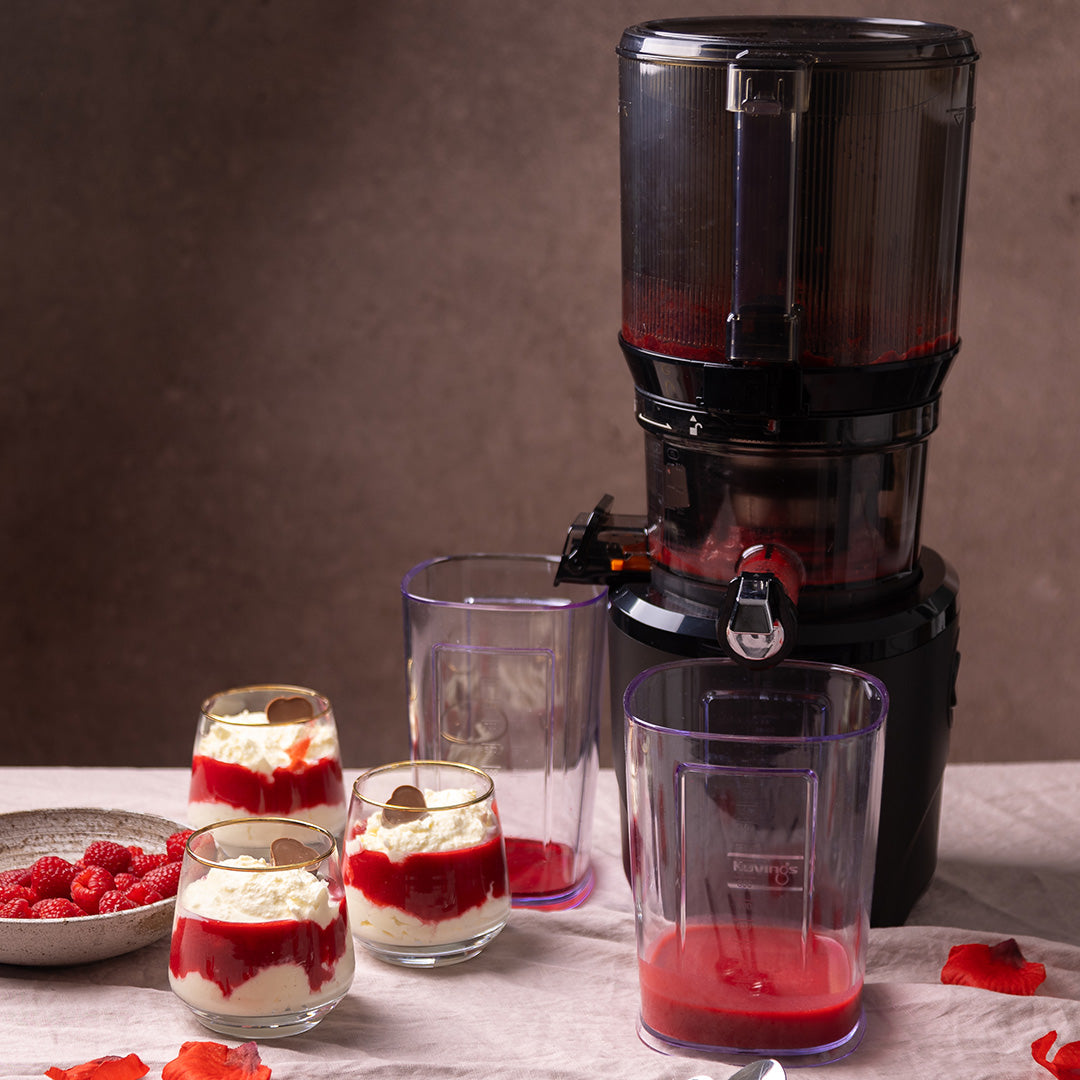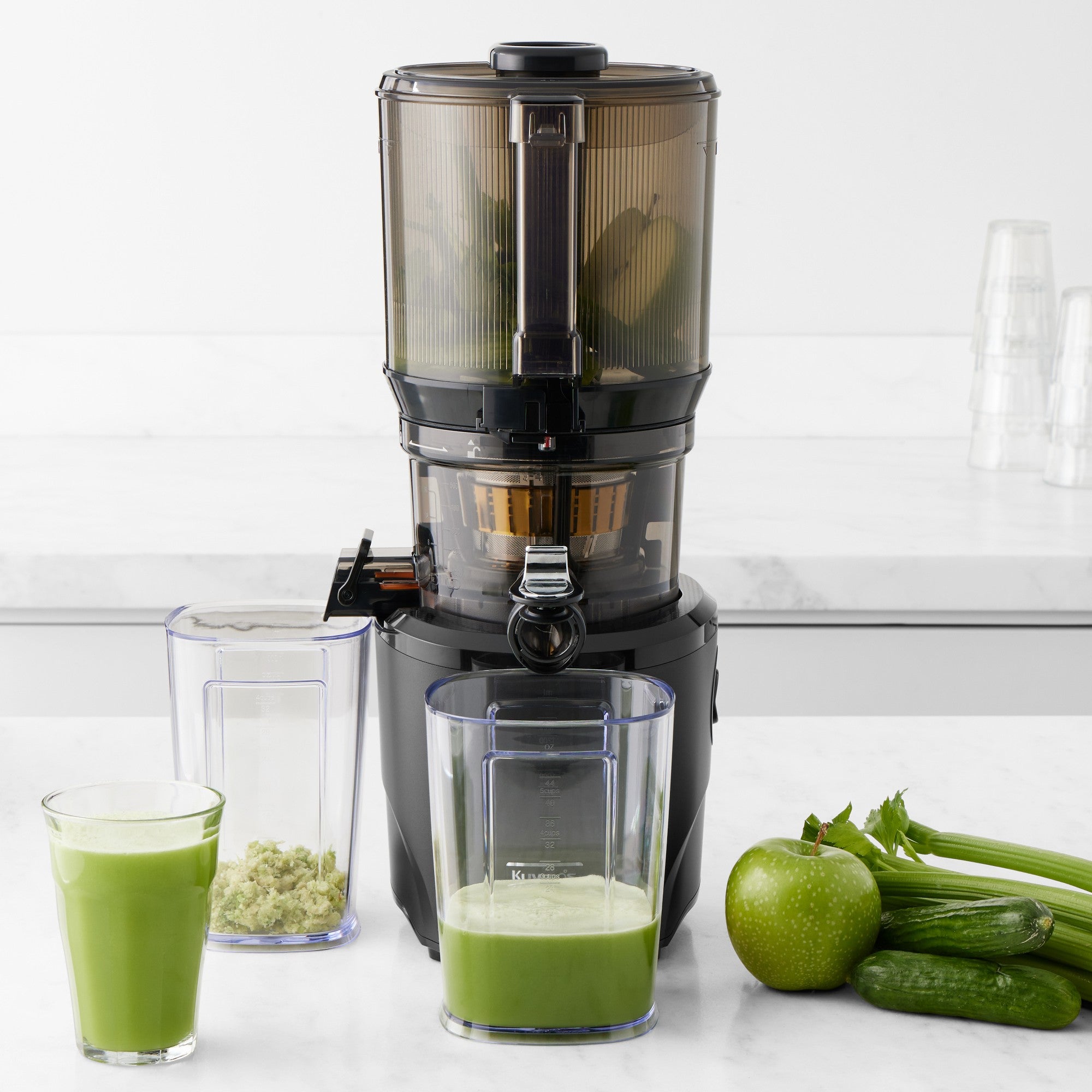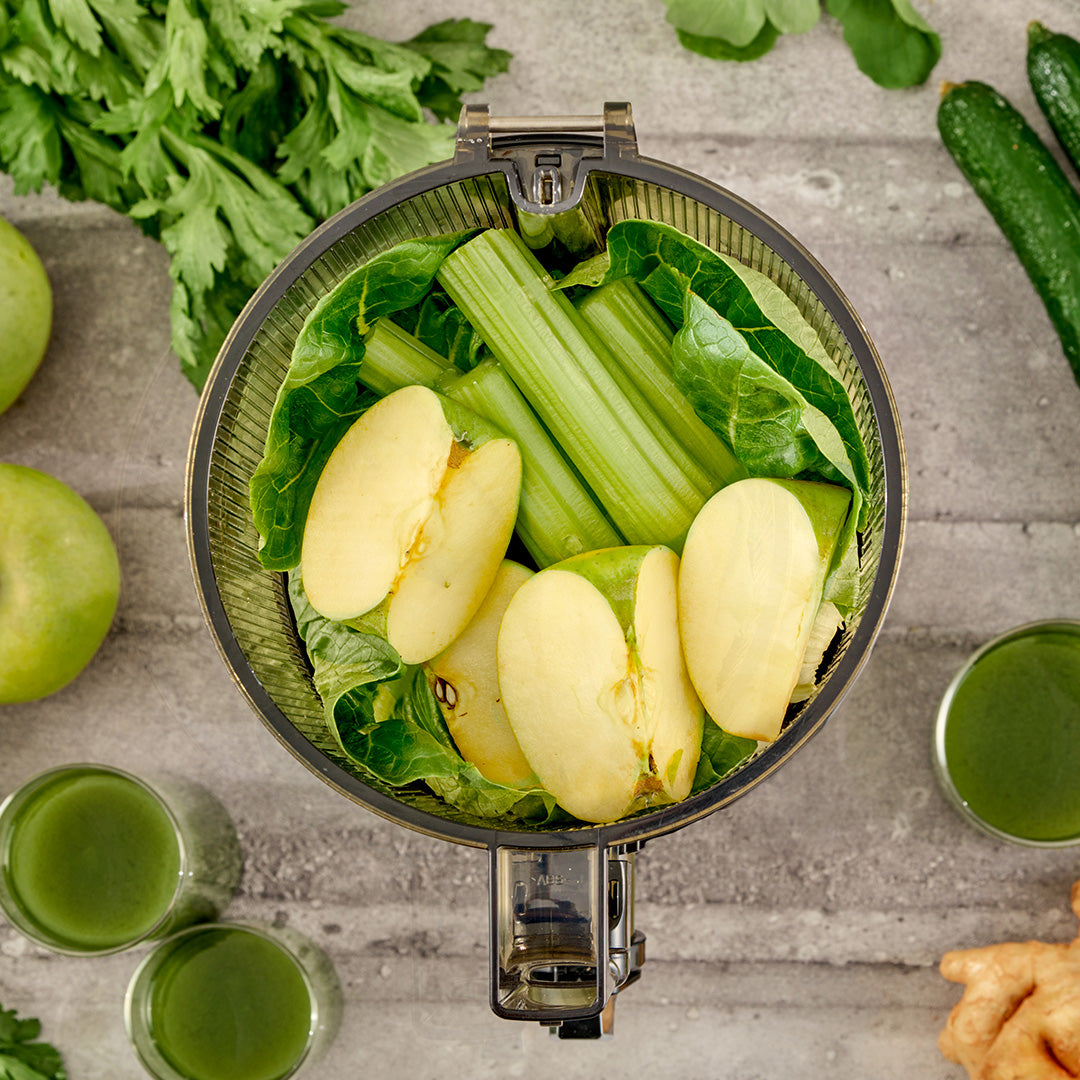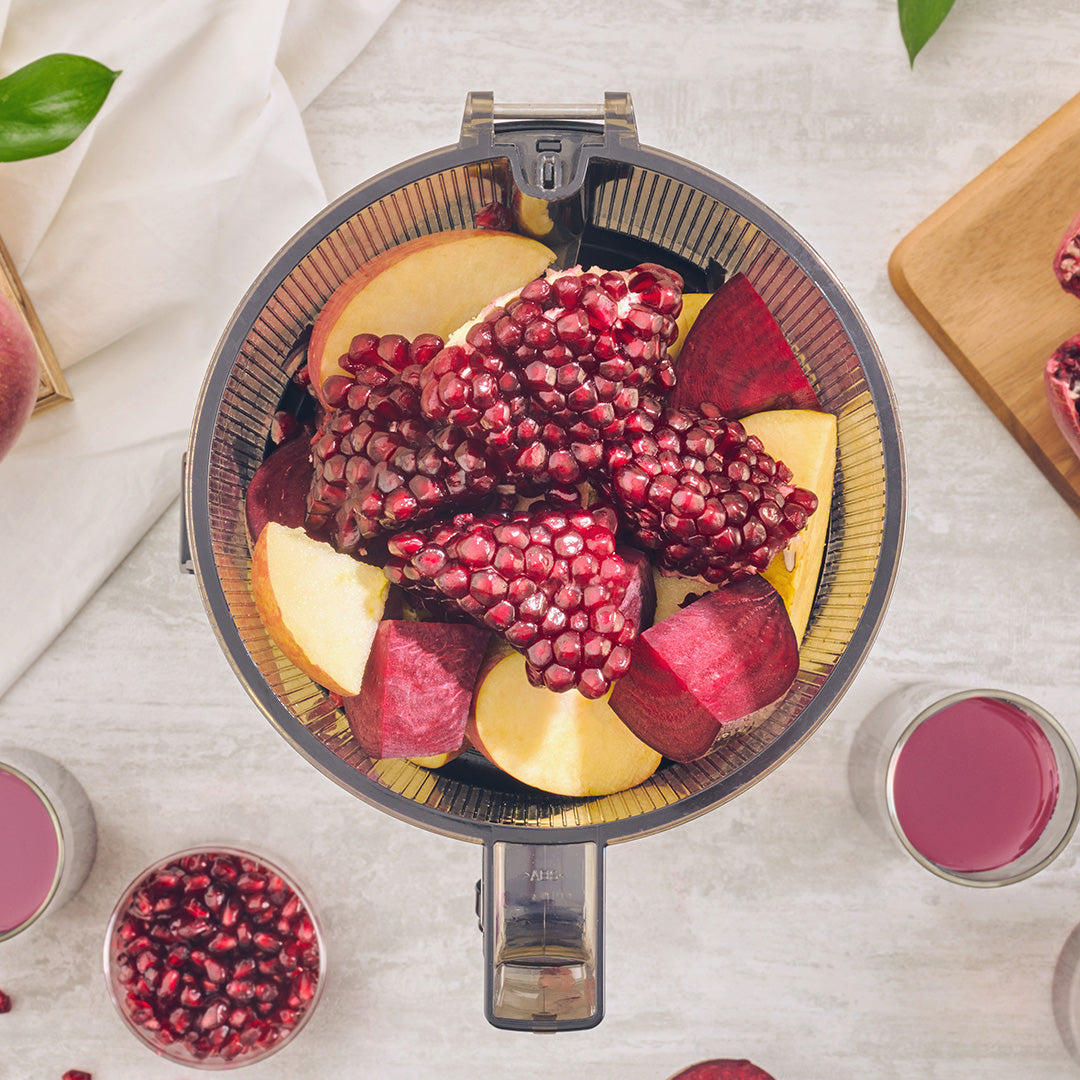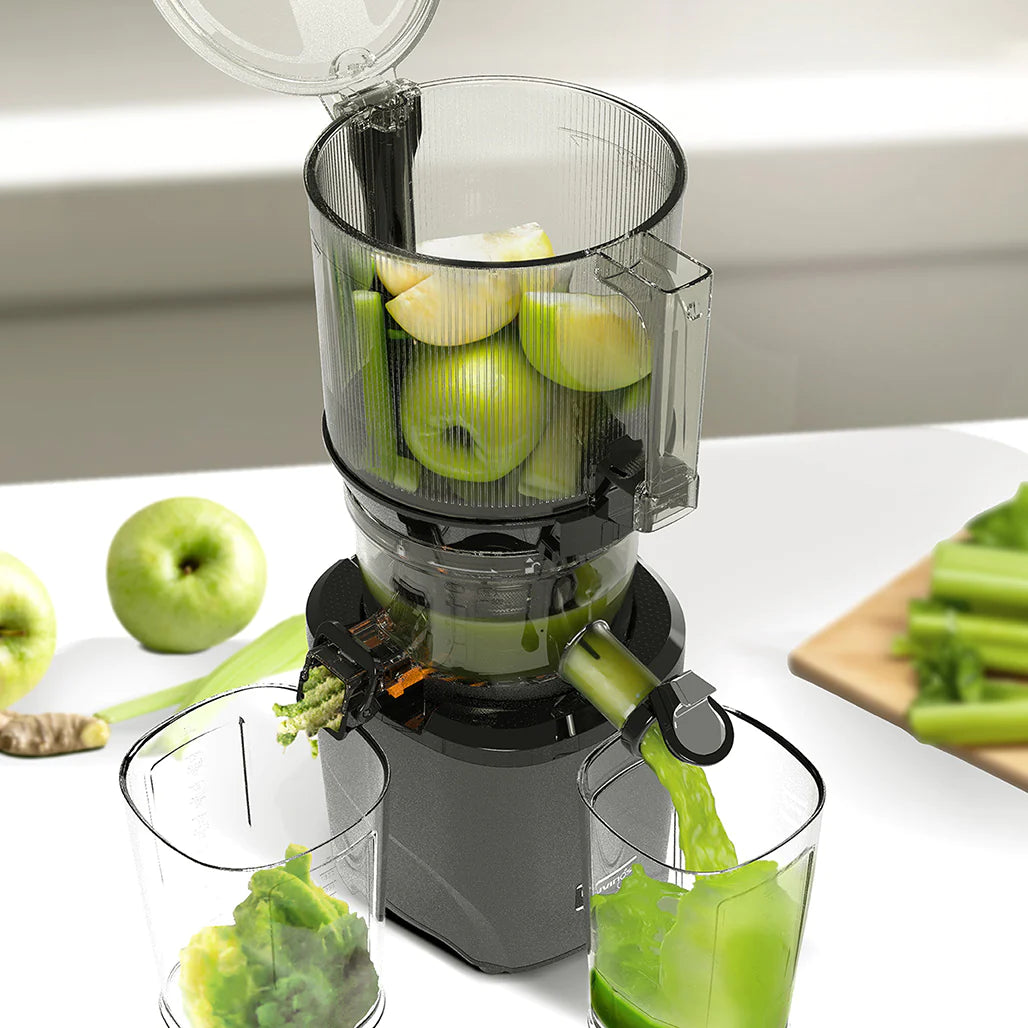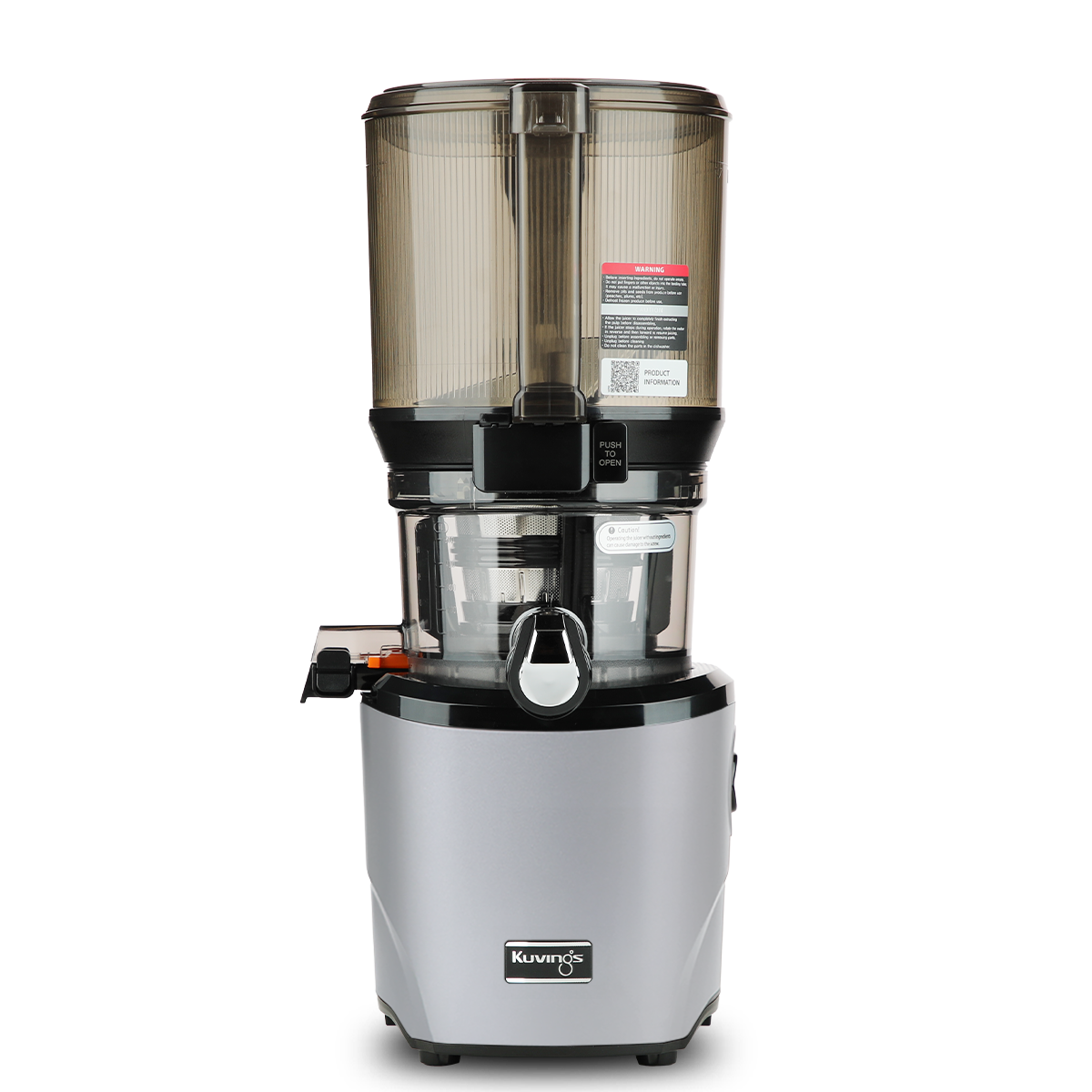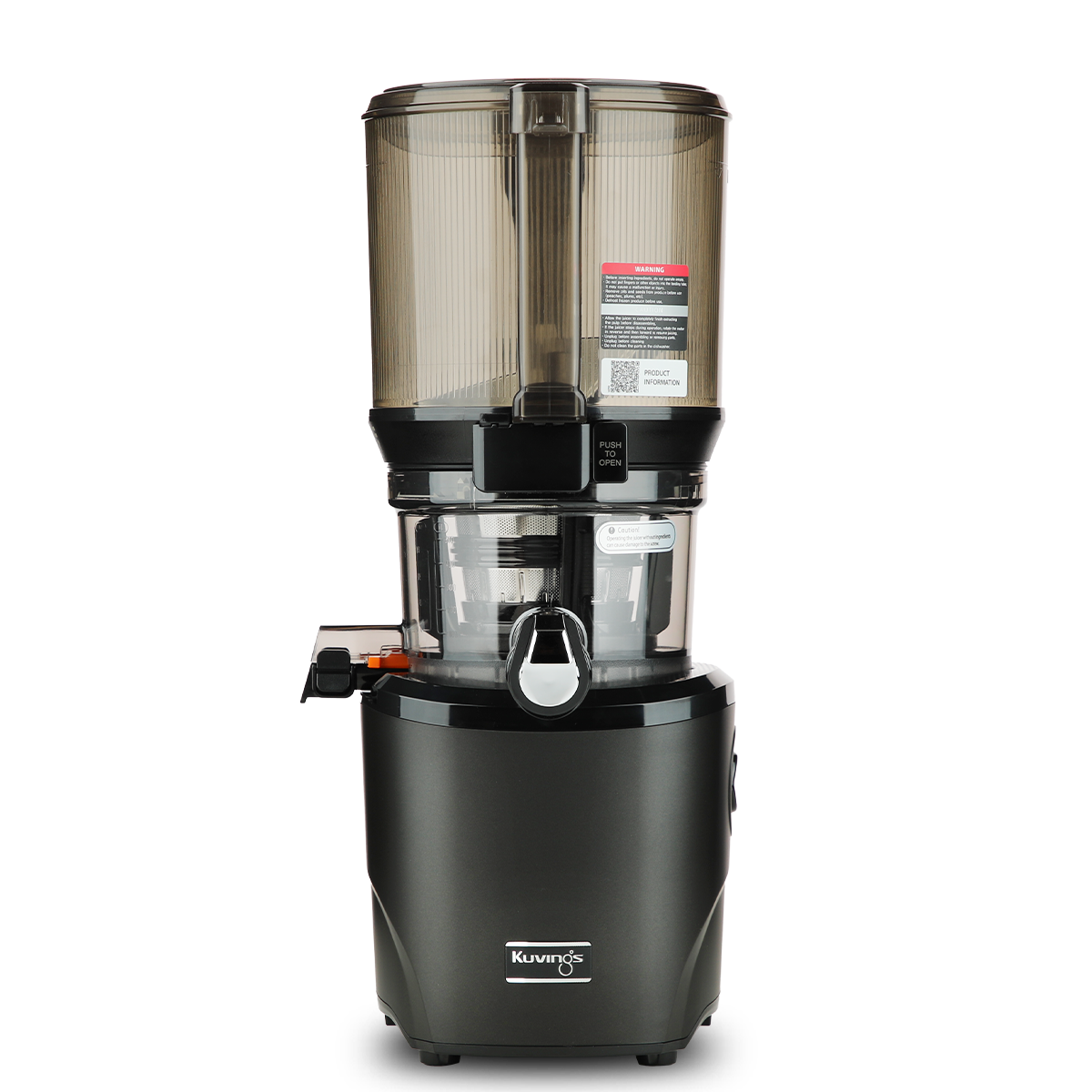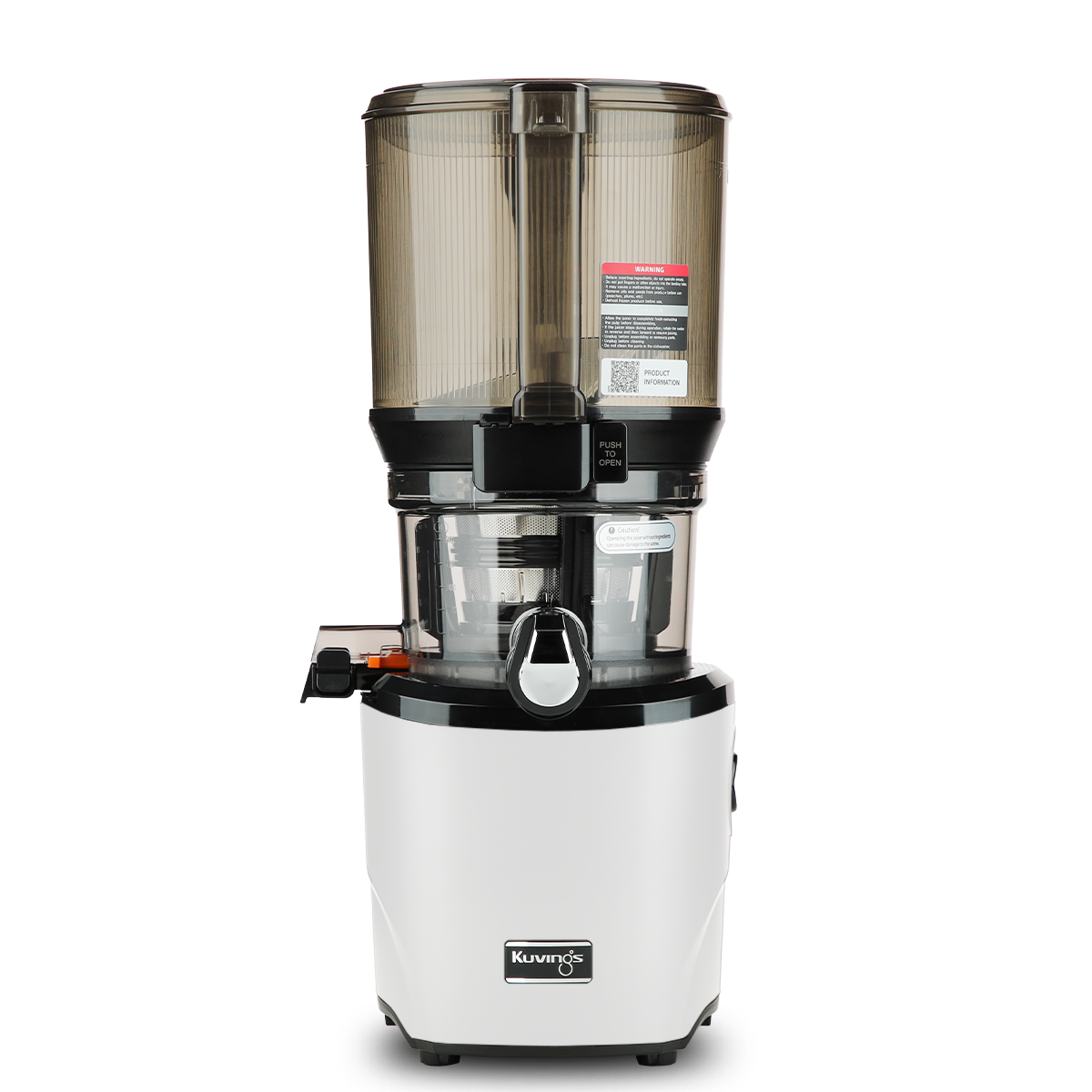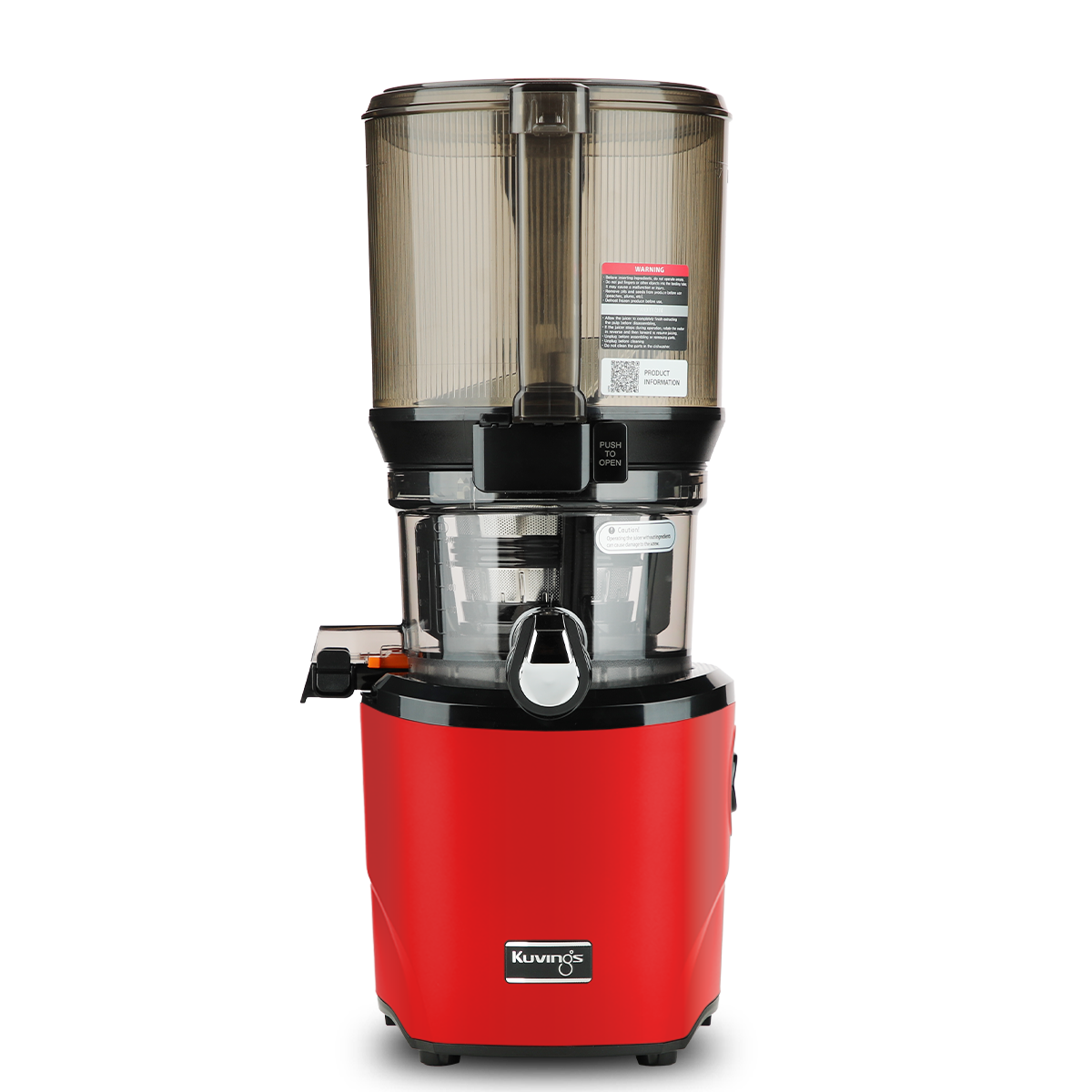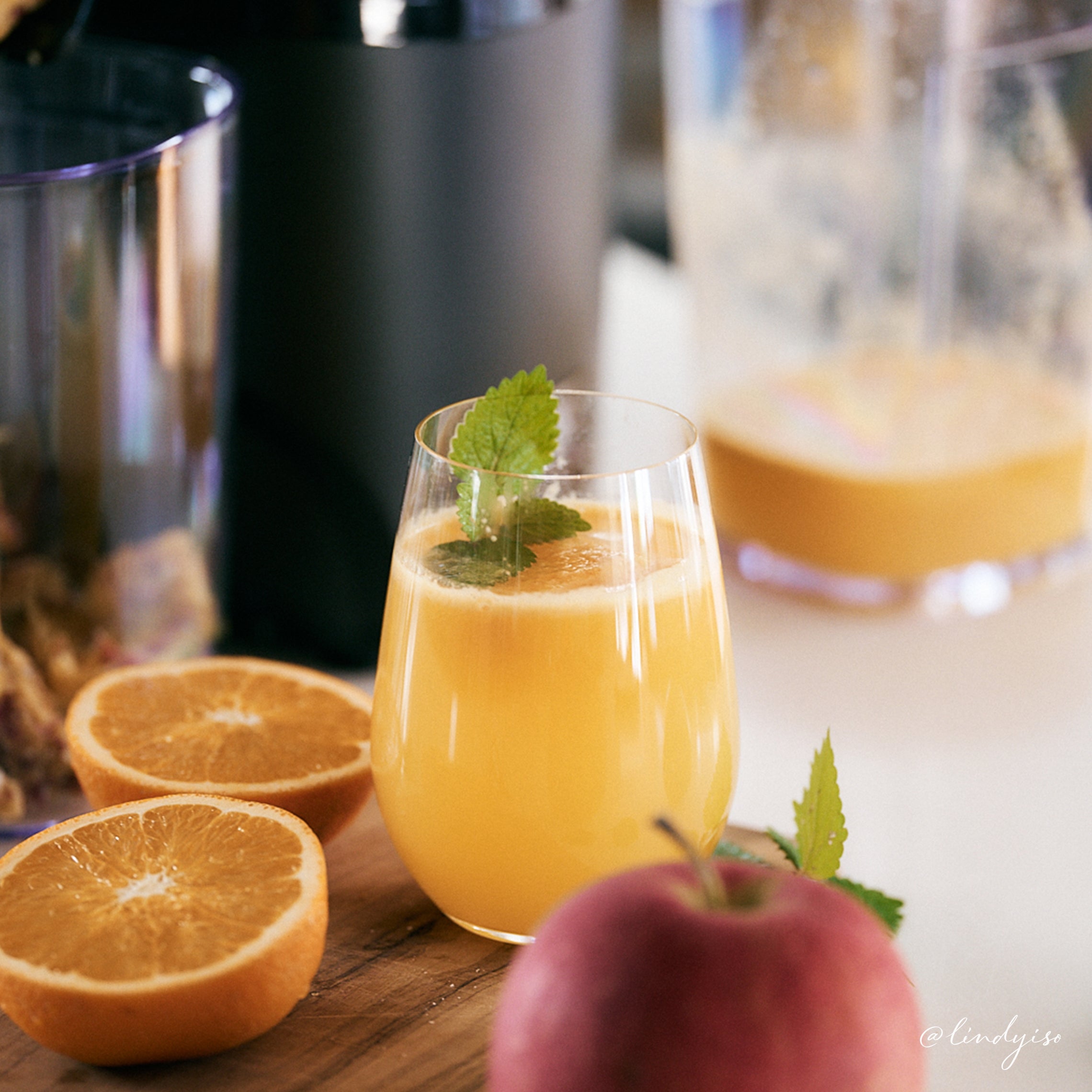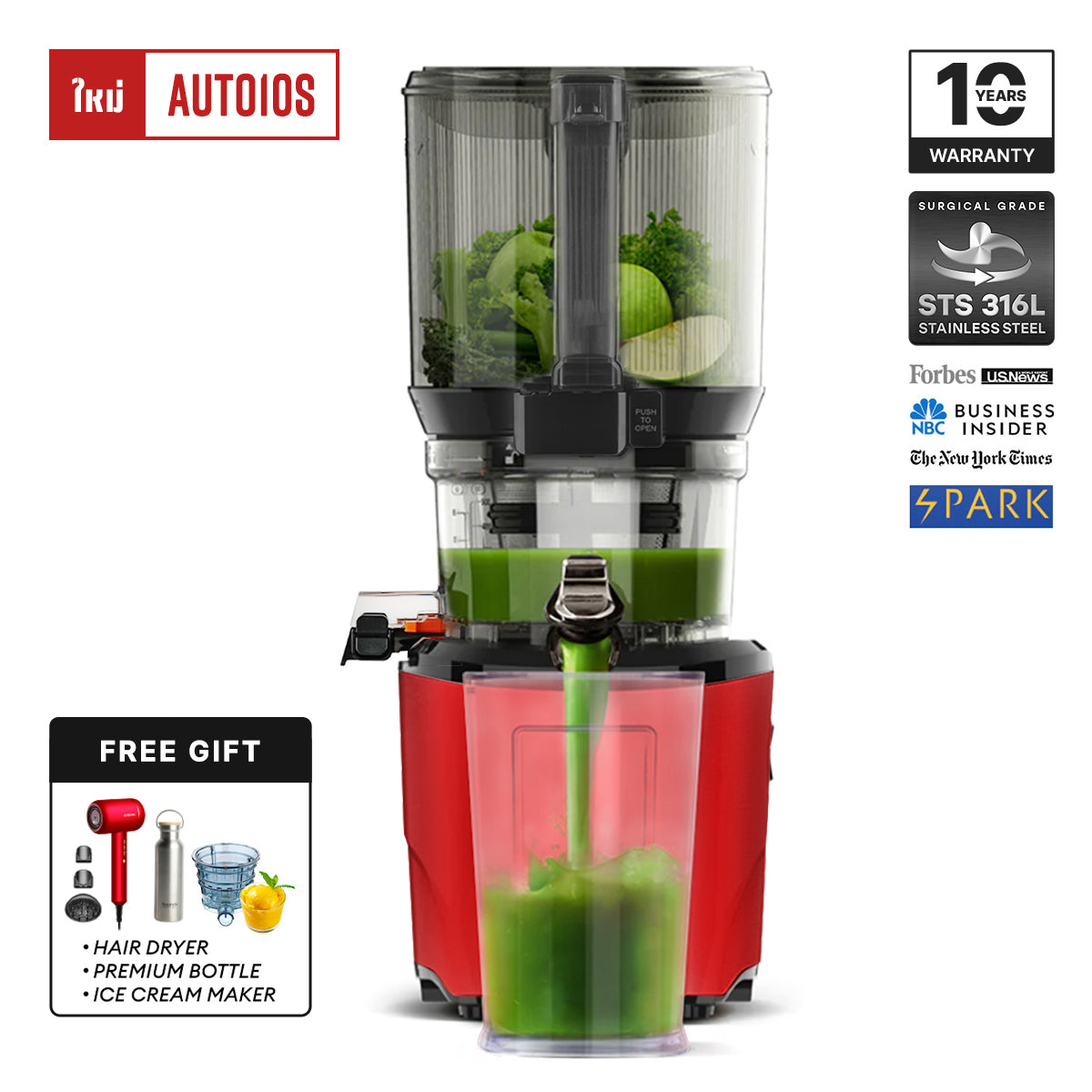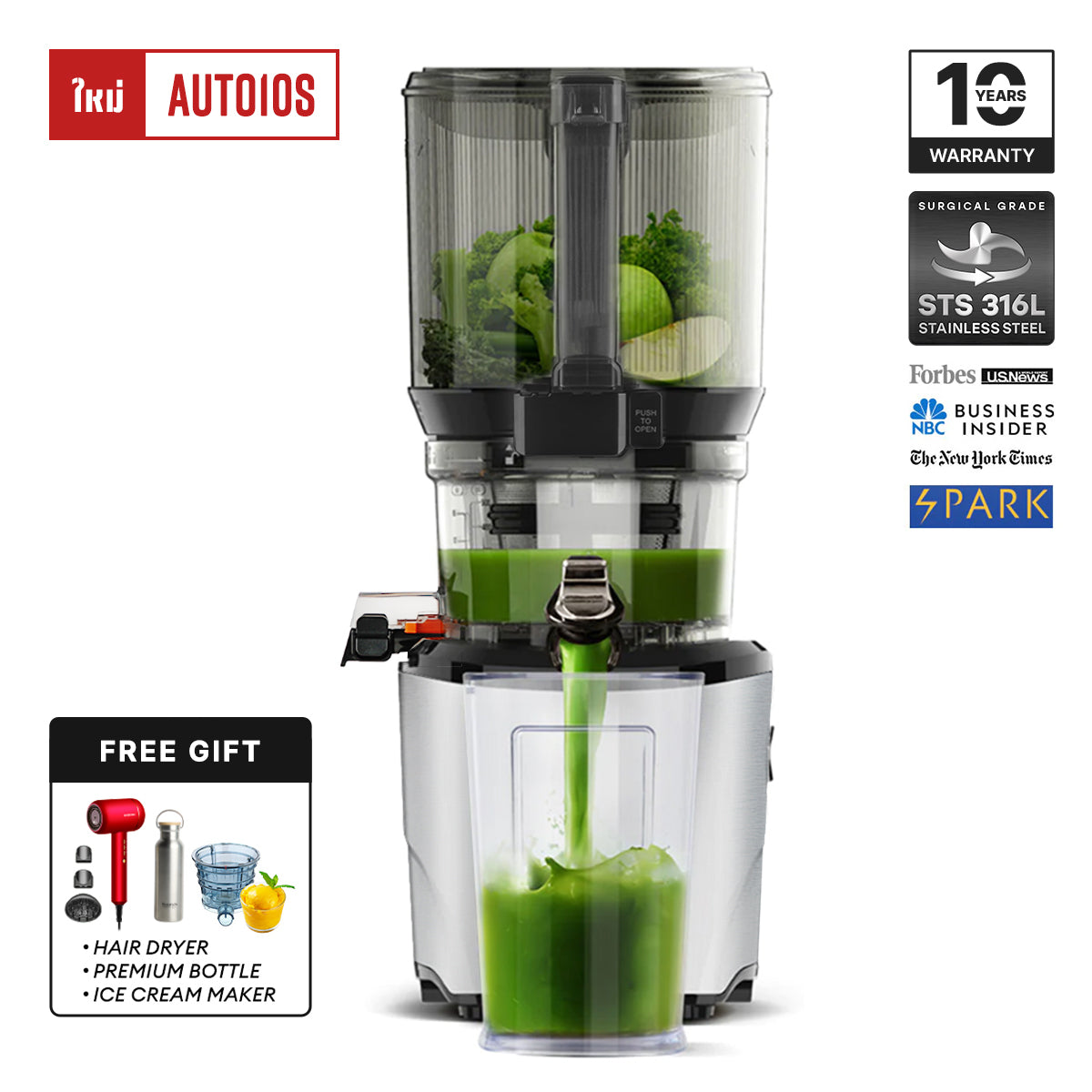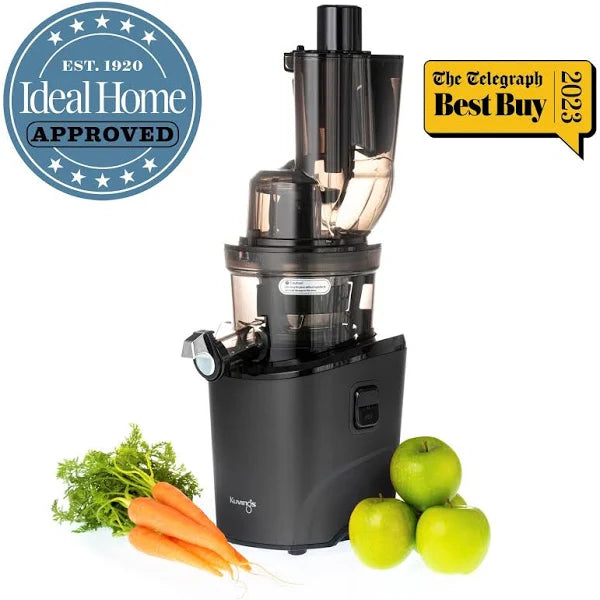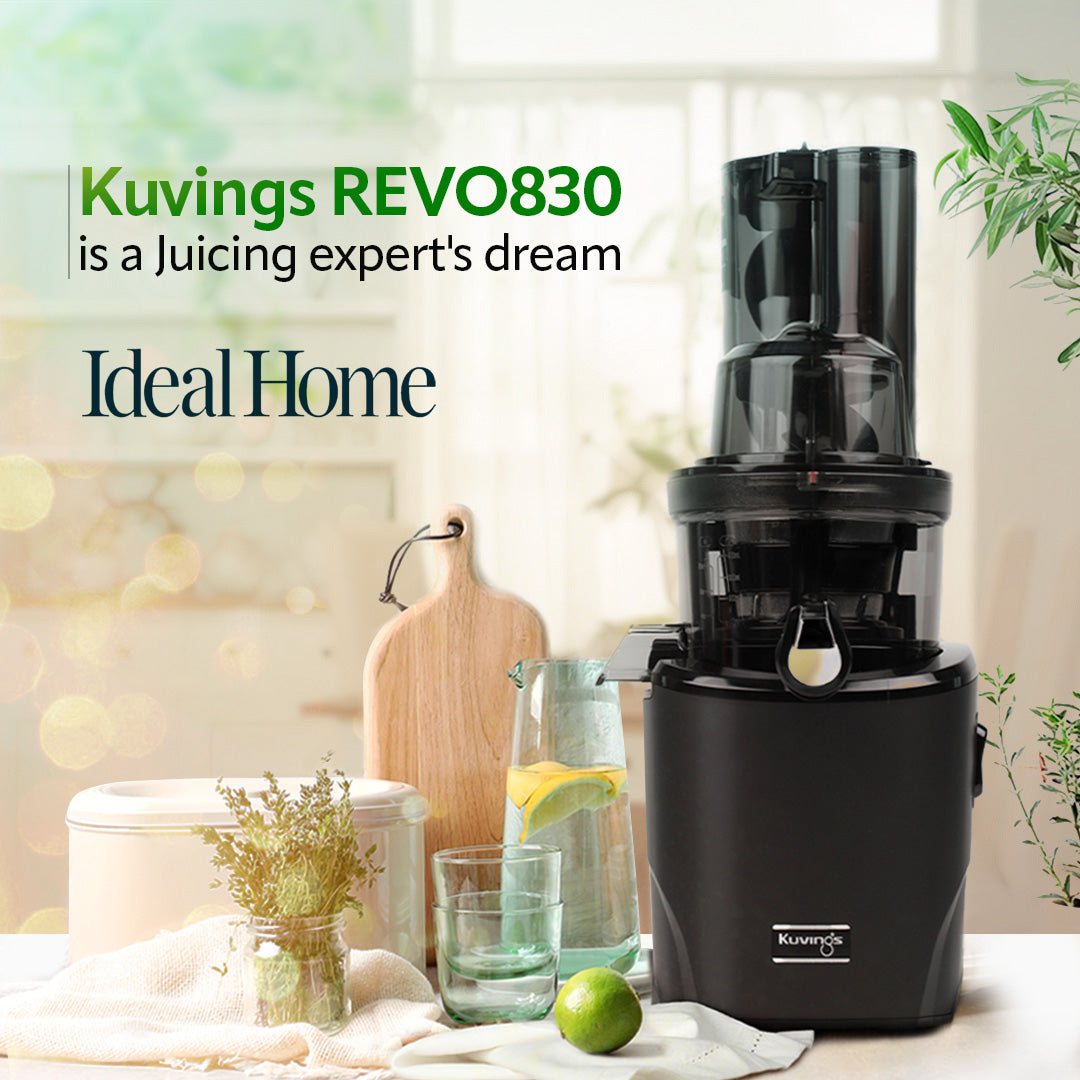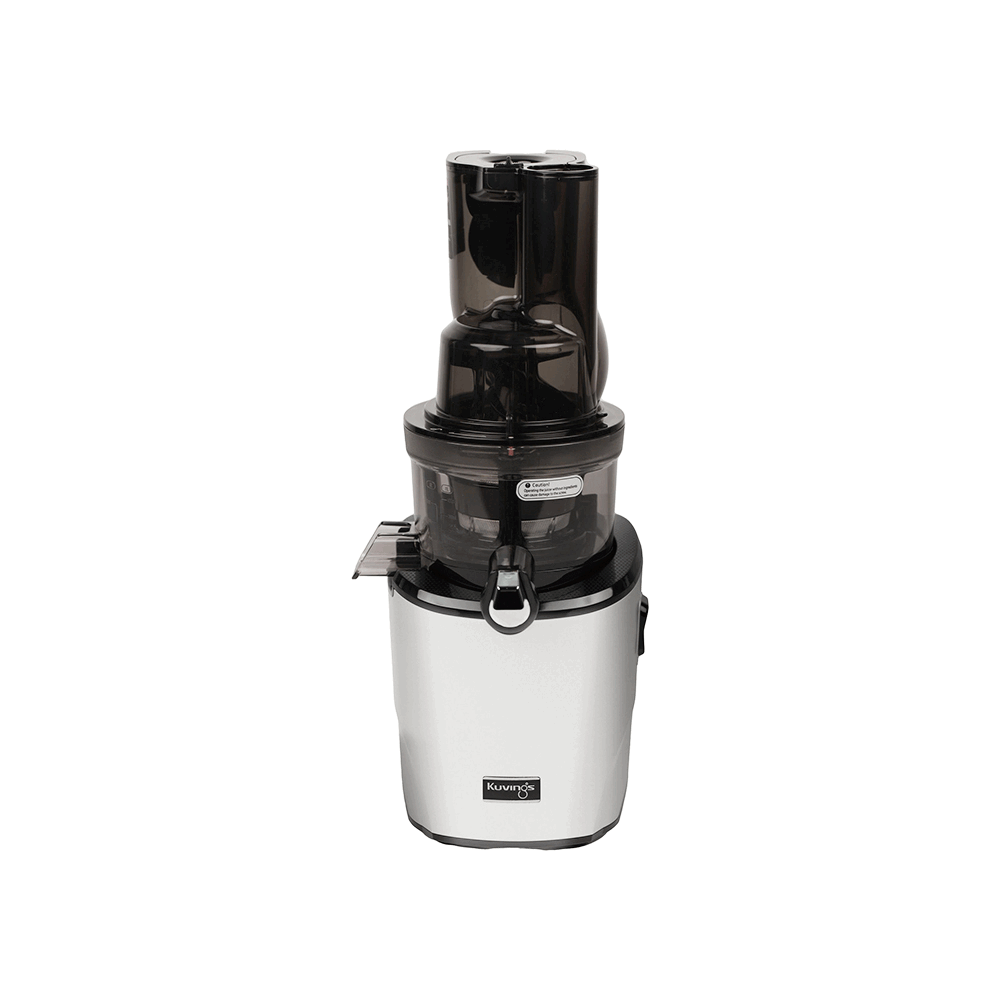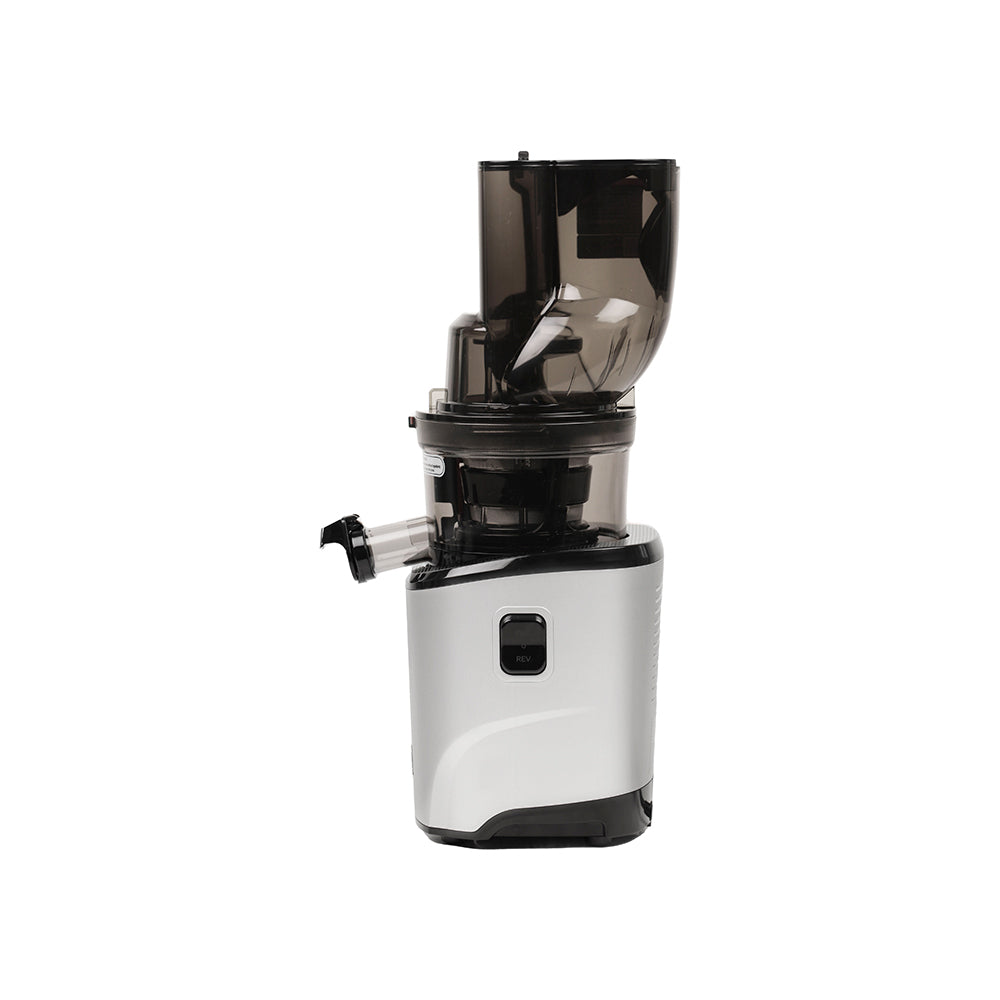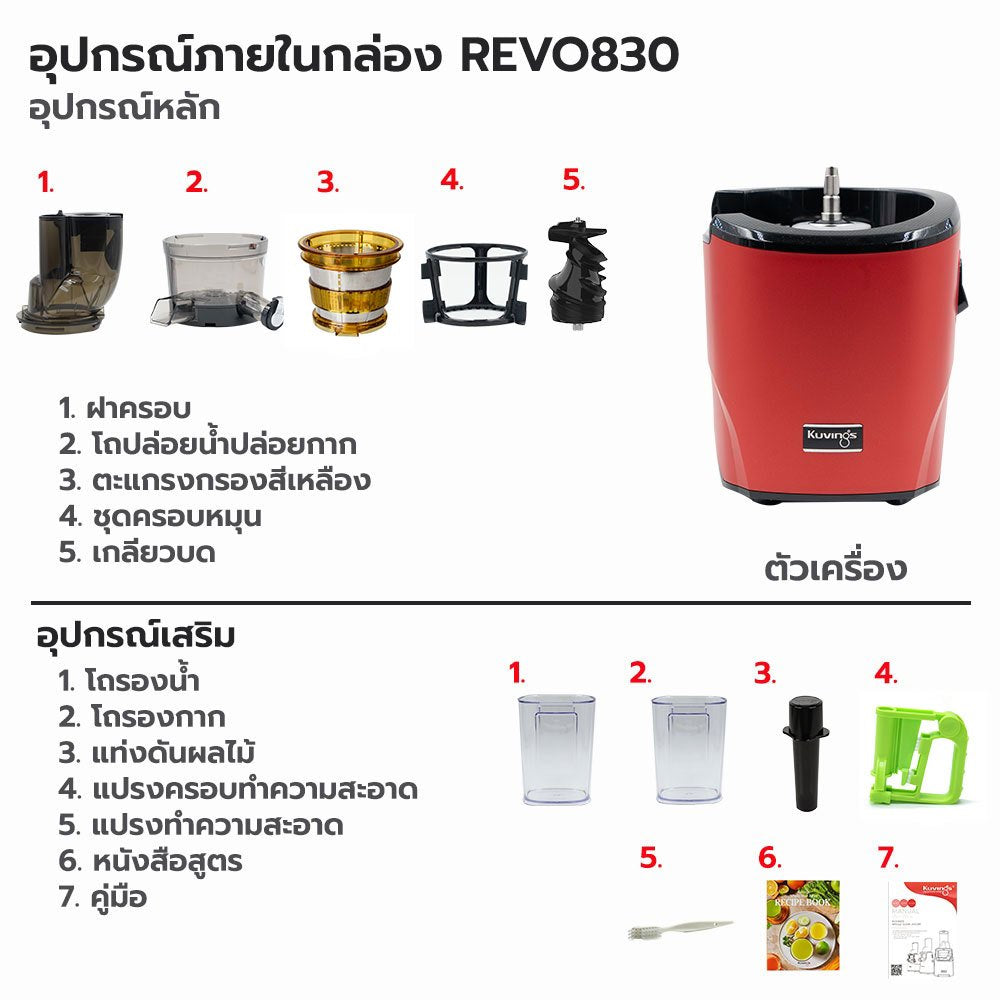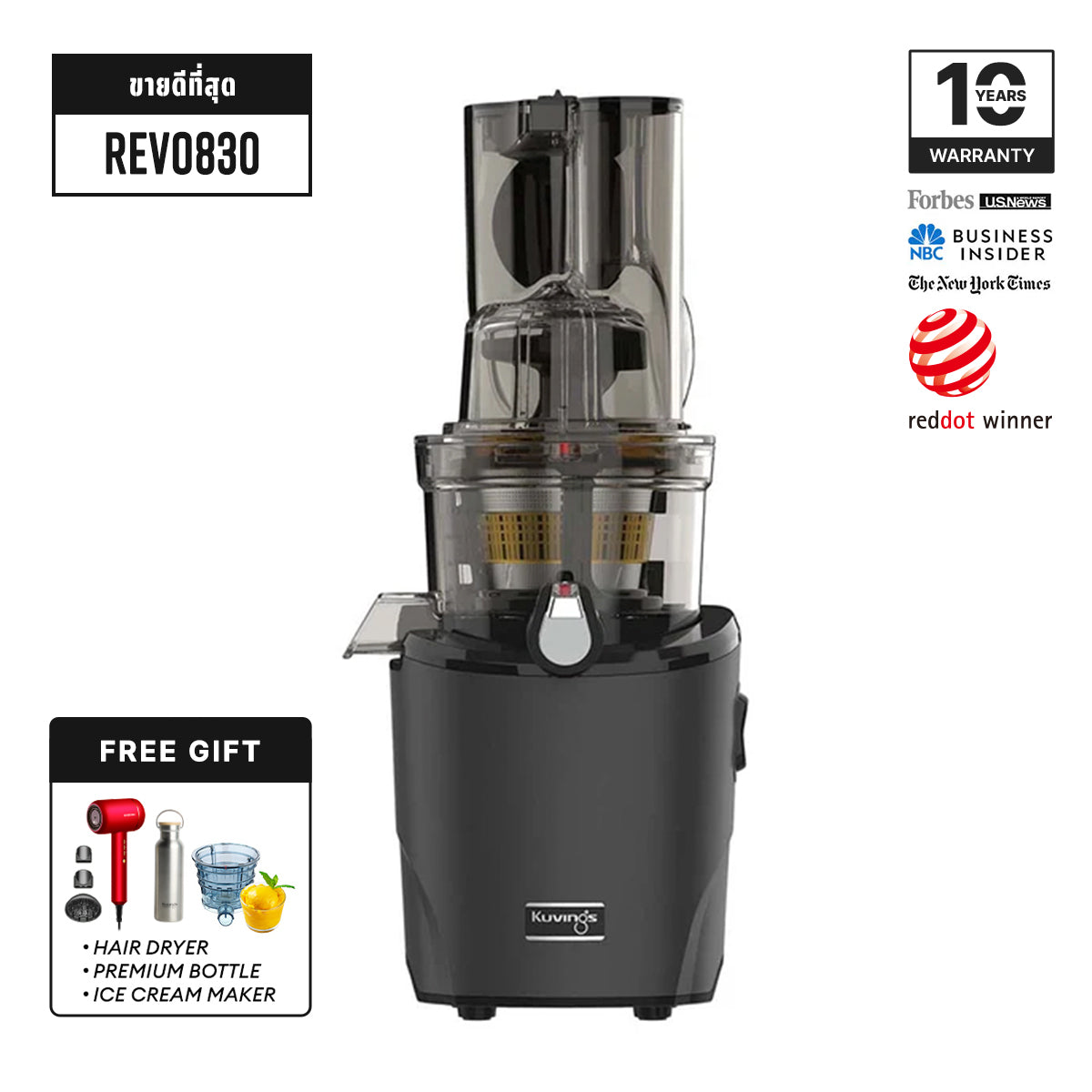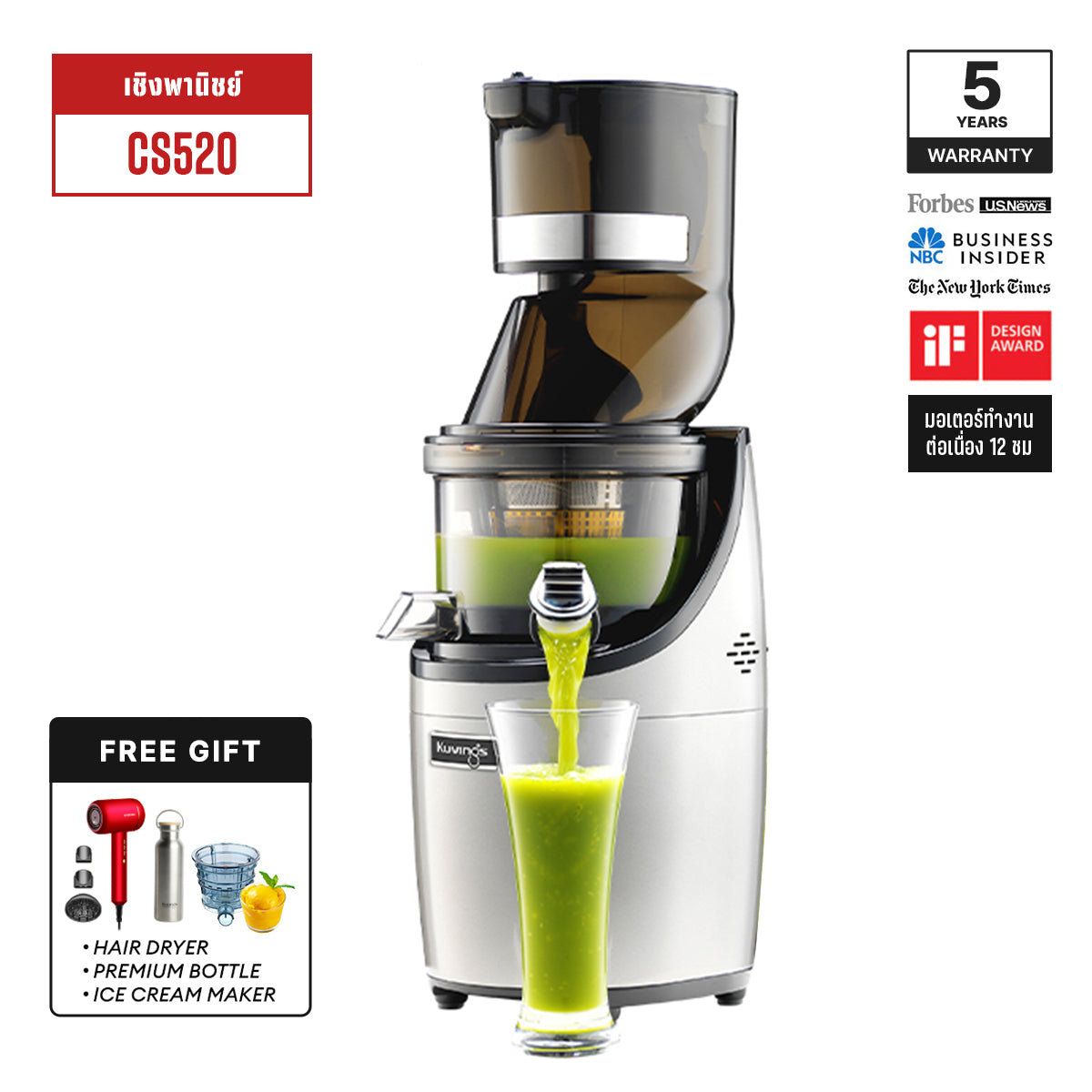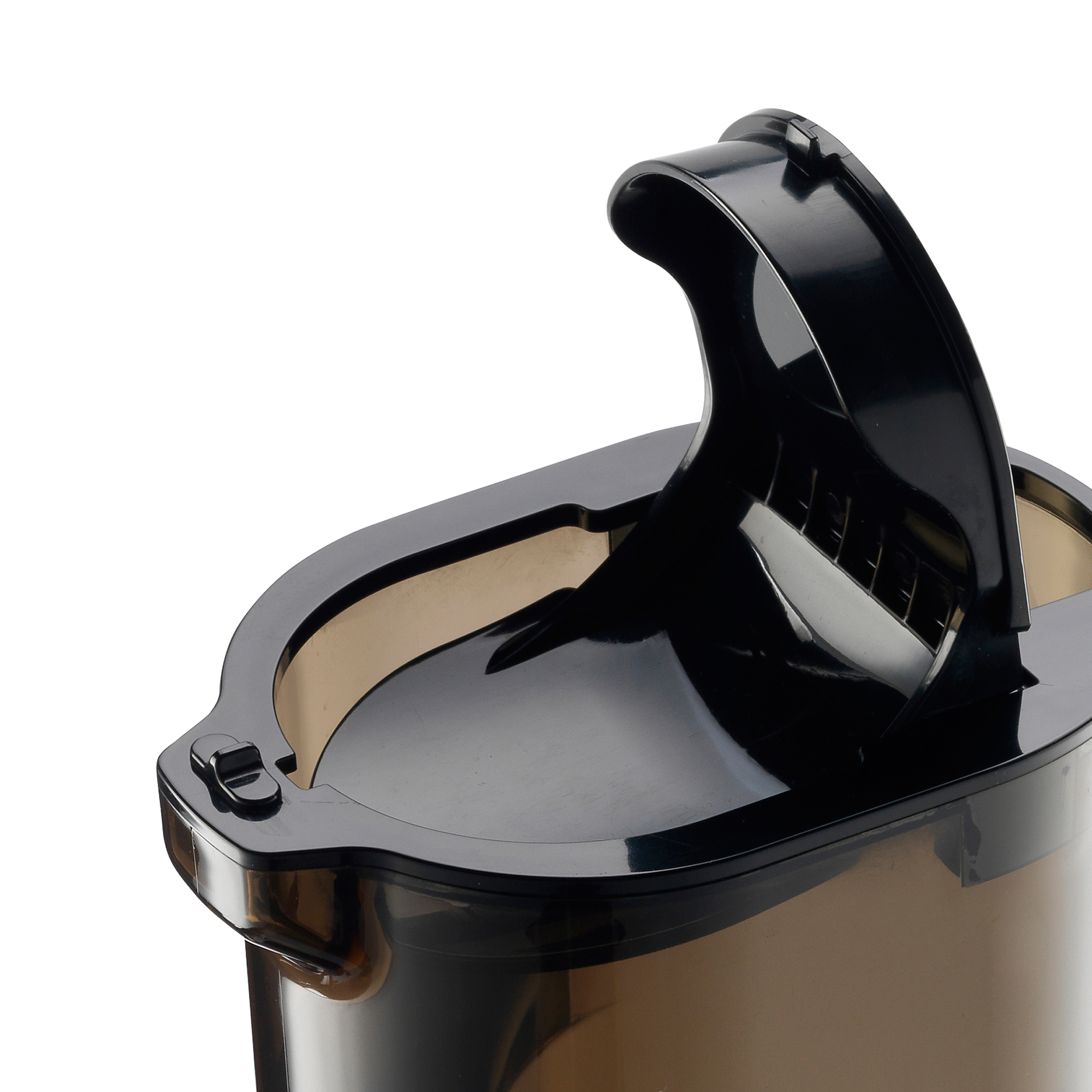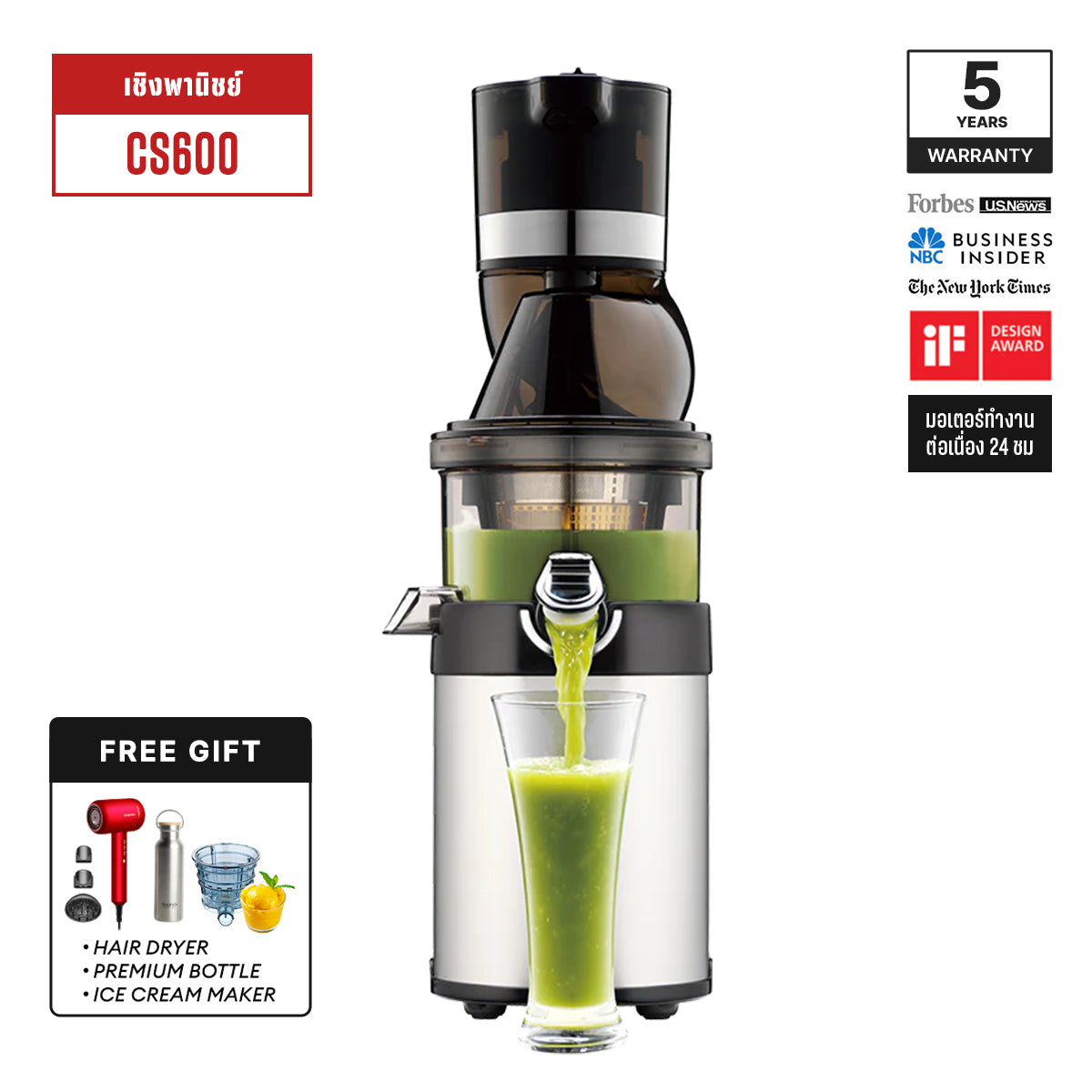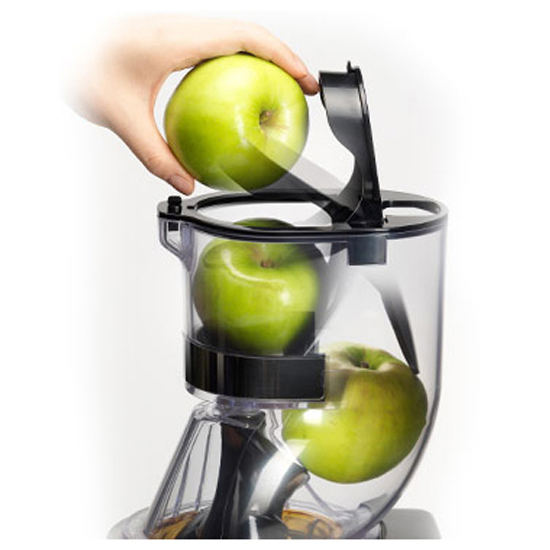🥛🤍 Almond milk is naturally high in vitamin E, a disease-fighting antioxidant. During processing, it’s commonly fortified with calcium and vitamin D. However, it’s not a good source of protein.
Unsweetened almond milk is naturally low in sugar and high in vitamin E, a strong disease-fighting antioxidant. However, sweetened almond milk can be loaded with sugar.
Almond milk is a poor source of protein, fat, and nutrients important for an infant’s growth and development. What’s more, many processed varieties contain additives like sugar, salt, flavors, gums, and carrageenan.
To reap the most benefits, choose almond milk that is unsweetened, unflavored, and fortified with calcium and vitamin D.
Most of all, the best almond milk is homemade almond milk by yourself. All the Kuvings juicer can make almond milk so ealsily. 👍
📷 by Instagram @kuvingsusa
📜 Instructions
- Add almonds to a bowl. Cover with water. Place in the refrigerator to soak overnight, or at least 8 hours.
- Drain the almonds.
- Close the juicer’s smart cap.
- Add a small portion of the almonds to the slow juicer. Then, add an equal amount of water. Continue alternating between almonds and 1 cup of water, small equal-sized portions at a time. Work slowly to give the juicer enough time to process the nuts.
Open the smart cap to release the almond milk. If desired, strain the milk for a thinner texture.
- Tip: You can add vanilla extract, a pinch of salt, cocoa powder, honey, or maple syrup to flavor your almond milk.
- Product Needed: Kuvings Whole Slow Juicer, assembled with the juicing strainer.
💯 ADDITIVE-FREE
You know exactly what you’re putting into your body when you drink homemade Plant Milk. There are no artificial colors, preservatives, sugar, or corn syrup added—unlike store-bought product.

Bonus: The oat leftovers provide the base for a yummy, fiber-rich cookie or snack to enjoy with your milk.
Did You Know?
Almond peels are rich in antioxidants and vitamin-E due to which it becomes beneficial for our skin and can also help us deal with some skin problems. They also act as protective agents against cardiovascular disease and cancer. It has been found in animal studies that polyphenols prevent the oxidation of cholesterol.
📸 by Instagram @happy_lean




